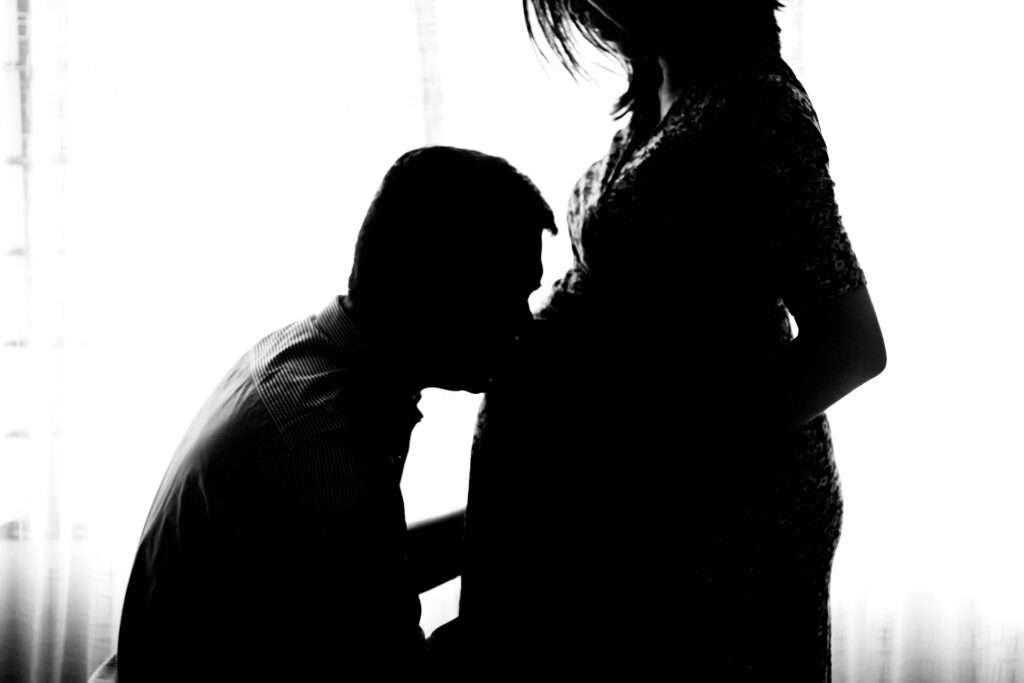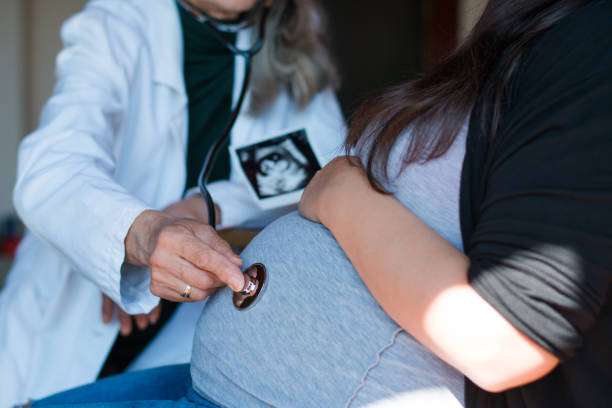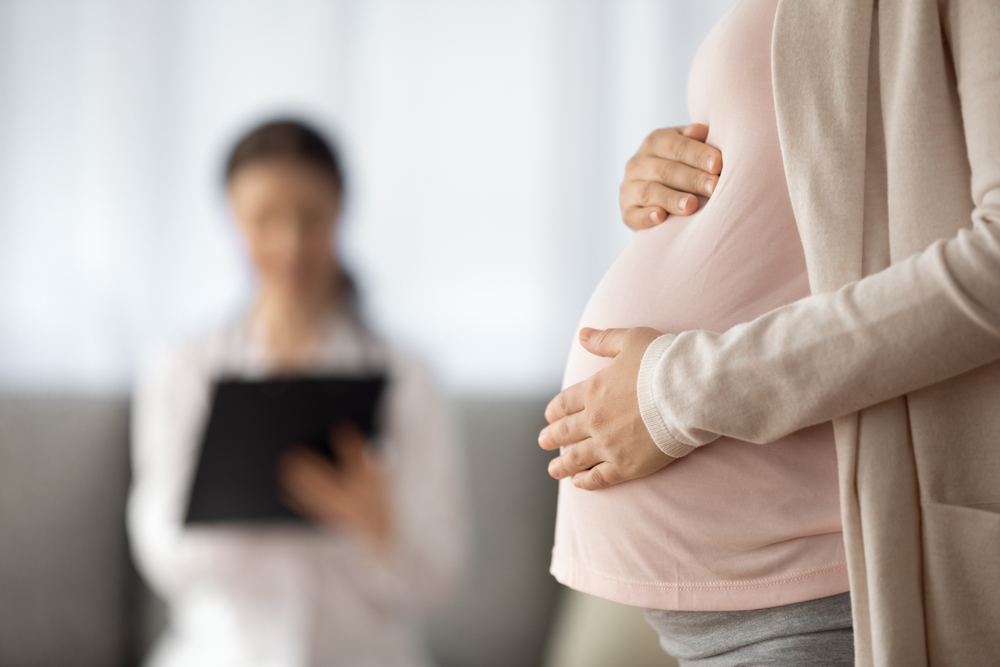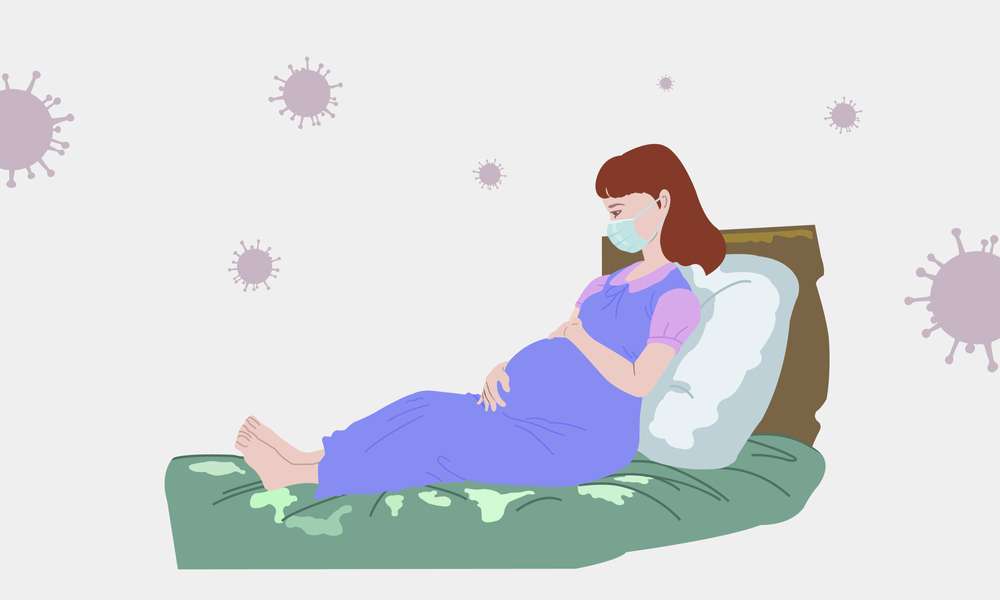Geriatric Pregnancy
What is Geriatric pregnancy?
Women all across the world engage on the transformational adventure that is pregnancy, which is filled with joy, excitement, and difficulties. However, the age at which women decide to begin this wonderful journey has significantly changed in recent years. In the beginning, the term “geriatric pregnancy” was used to describe pregnancies in women who wew 35 years of age or older. For the purpose to illustrate the distinctive experience and potential risks older women may encounter, this article highlights the complications and reality of elder prenancy.
What is considered a geriatric pregnancy?
- The phrase “geriatric pregnancy” was originally used to characterize pregnancies in women 35 years of age or older at the time of conception. It is now archaic and rather pejorative. It is crucial to note, however, that this term is no longer commonly used in the medical community because it has negative connotations and is not considered courteous or truthful. Healthcare experts now prefer to refer to the woman’s age as “advanced maternal age pregnancy” or simply refer to her age without judgment.
- An advanced maternal age pregnancy is one in which the mother is 35 years of age or older when she falls pregnant. It’s critical to remember that many women in this age bracket have successful pregnancies and have healthy babies. However, there are also hazards and hurdles to pregnancy at an older age, such as a higher risk of reproductive issues, chromosomal abnormalities, and pregnancy complications.
- To address and manage these possible hazards, healthcare providers frequently give additional prenatal screening and monitoring to women of advanced maternal age. The goal is to ensure that both the mother and the baby have a safe and healthy pregnancy. If you are above the age of 35 and considering pregnancy, it is best to speak with a healthcare specialist for personalized advice on prenatal care and testing.
Geriatric pregnancy age:
A geriatric pregnancy, also known as an advanced maternal age pregnancy, is one that occurs in a woman who is 35 years of age or older at the time of conception. The word “geriatric pregnancy” may seem derogatory or out of date, and healthcare professionals frequently prefer the term “advanced maternal age” because it has fewer negative connotations.
Women who become pregnant later in life may encounter additional problems and dangers during pregnancy, including an increased risk of:
- Fertility Problems: As women become older, their fertility drops, making it more difficult to conceive.
- Chromosomal Abnormalities: With maternal age, the risk of chromosomal abnormalities such as Down syndrome increases.
- Pregnancy Complications: Pregnancy complications, such as gestational diabetes and high blood pressure, may be more common in older women.
- Multiple Births: Having twins or multiples becomes more likely as you become older, especially if you use reproductive treatments.
- Preterm Birth: Women of advanced maternal age have an increased risk of preterm birth.
- Stillbirth: The chance of stillbirth rises with maternal age as well.
Note:
It’s worth noting that many women in their late 30s and early 40s experience successful pregnancies and have healthy babies. However, for women of advanced maternal age, healthcare experts frequently urge additional prenatal screening and surveillance to detect and manage any potential issues early.
If you are above the age of 35 and considering pregnancy, you should speak with a healthcare expert to discuss your individual health, risks, and choices for a healthy pregnancy. They may advise you on prenatal care and testing to achieve the best outcome for you and your baby.
Understanding age and fertility:
Age’s impact on fertility:
Due to a natural fall in the quantity and quality of eggs a women produceds as she matures, her fertility eventually decreases. After age 35, this decline become more noticeable, making pregnancy more challenging and delaying the time to conceive. An increased chance of miscarriage and chromosomal abnormalities like down syndrome can also result from older maternal age.
Assisted Reproductive technology’s(ART):
In vitro fertilization (IVF), for example, is frequently used by women in their late thirties or early forties who are having trouble getting pregnant. Even through ART helped countless women have healthy pregnancies, expectant women’s still face difficulties and worries as a result.
Considering older women’s health:
Pregnancy-related diabetes risk is increased:
Gestational diabetes, a disorder brought on by elevated blood sugar levels during pregnancy, is frequently linked to an increased risk of development in geriatric pregnancies. This may have detrimental consequences on both the pregnant women and the growin baby, raising the risk of complications like preeclampsia and macrosomia(fetus enlargement). In order to manage and reduce these risk, it is crucial for elder women to constantly monitor their blood sugar levels and collaorate with doctors.
High rate of pre-eclampsia and hypertension:
Pre-eclampsia, a syndrome marked hih blood pressure and organ damage, particularly to the liver and kidneys, may be more likely to develop in elder women’s. To control them, regular blood pressure monitoring, appropriate potential care, and early intervation are essential.
Increasing potential for multiple pregnancies:
Infertility therapies like IVF incrase a women’s chance of having twin or more. while having multiples can be incredibly joyful, they also come with new difficulties, like a higher chance of premature birth, low birt count, and requirement for specialised infant care.
Social and emotional components of elder women’s pregnancies:
Pregnancy and parenthood’s stress:
Due to social expectations and a sense of not fitting in, older women may experience raised social pressure to become pregnant and establish families. The stress of trying to conceive and the emotional cost od dealing with fertility issue can be too much for some people. For elder women’s, the emotional toll of dealing with infertility issue and the strain of conceiving can be painful, required a support network of family, friends and medical doctor.
Managing work and family responsiblities:
Many older women’s have reached the point in their positions what they have made a name for themselves. It can be challenging to strike a balance between the physical and emotional demands of pregnancy and motherhood and the demands of the workplace. A simple change into this stage of life can be made possibly by supportive workplace rule and an awareness of the difficulties faced by older women’s.
Functions of healtcare professionals:
To protect the health of both women and child during a geriatric pregnancy, particular attention and customised therapy are needed.
Complete prenatal care is provided:
To evaluate the health of of the women and the development of the fetus, regular chrckups and monitoring of vital signs, blood tests and ultrasounds are important. For the purposeof identifying and potential hazards or consequences, geriatric women frequently need aditional screening and diagnostic procedures.
Give emotional support and direction:
Medical professional should provide older women with caring and understanding advice that deals with their worries, anxieties, and expectations for their journey. Access in favour of groups and open oppurtunitiesof communication can assist generative women’s in connecting with others who have similar experience.
Symptoms of Geriatric pregnancy:
Changes in Menstrual Cycle:
Unpredictable and irregular menstrual cycle:
Women may observe a shift in their menstrual cycle. The hormonal changes that take place as a women approaches menopause are blame for this.
Heavier or light bleeding:
Depending on the women, some women’s periods may be heavier or lighter than others. While it can be disturbing, this is typically a normal aspect of aging.
Hormonal Change:
Hot Flashes:
Hot flashes might be brought on by hormonal changeg seen during geriatric prenancy. A quick heartbeat and anxious thoughts may also follow these abrupt periods of severe heat and swelling. Even while hot flashes might be uncomfortable, they normally stops after a short period of time.
Mood Swings:
Hormonal fluctuations can also have an impact on a women’s mood, which can cause frequent mood swings during pregnancy. To proper handle these upheavals, it’s important to be open with your partner and doctor.
Reduced Libido:
Hormonal changes in certain women may cause a reduction in their desire to engage in sexual activity. Keeping closeness during this period can be helped by communication with your partner.
Physical changes:
Weight gain:
Pregnancy in older women’s frequently has a higher risk of weight gain. Maintaining a healthy lifestyle and consulting your doctor are important to ensuring balanced weight management during this crucial period.
Skin changes:
Hormonal shifts can affects skin, which causes symptoms like dryness, acne and wrinkles. Maintain a regular skin care routine and seek advice from dermatologist if any issue occur
Joint pain:
During a geriatric pregnancy, women may have joint pain or stiffness. Under the guidence of doctor, simple streches and exercise can help to keeps flexibility and reduced pain.
Common Symptoms of geriatric pregnancy:
Increased tiredness:
The common pregnancy symptom of fatiguen can become more severe in geriatric pregnancy. It is adviced to enough sleep and talk to doctor if you any issue about being too tired.
Gestational Diabetes:
This pregnancy specific form of diabetes is more prevalent to occur in women who get pregnant later in life. A balanced diet and regular blood sugar observing are essential for managing this illness effective.
High blood pressure:
Gestational hypertension, often known as hih blood pressure, can be more likely to occur in geriatric pregnancy. Complications can be avoided with routine blood pressure checks and regular observation by a doctor.
Conclusion:
Geriatric Pregnancy after the age of 35 is known as geriatric pregnancy, and it has both benefits and drawbacks. Women who decide to become parents at this point in their lives frequently bring mental stability and financial security to the parenting experience. They might, however, also experience elevated dangers and difficulties that call for specific prenatal care. Women can successfully navigate the unique experience of a geriatric pregnancy by emotionally and physically preparing, getting the right medical care, and getting in touch with a supportive network. Let’s celebrate the variety of parenting styles and encourage women to make their own decisions.







Pingback: Menopause - Journey Of Mother